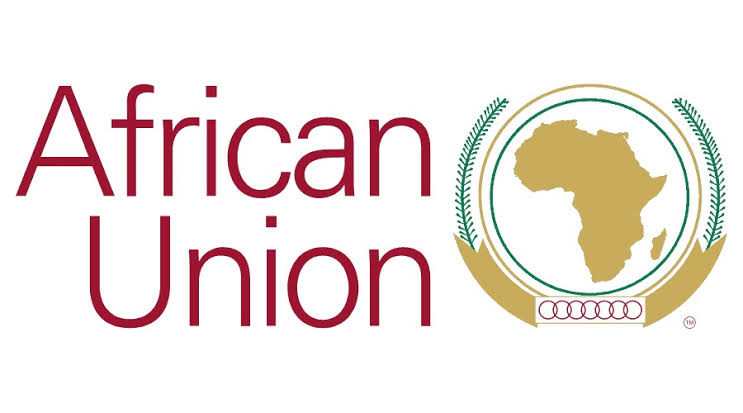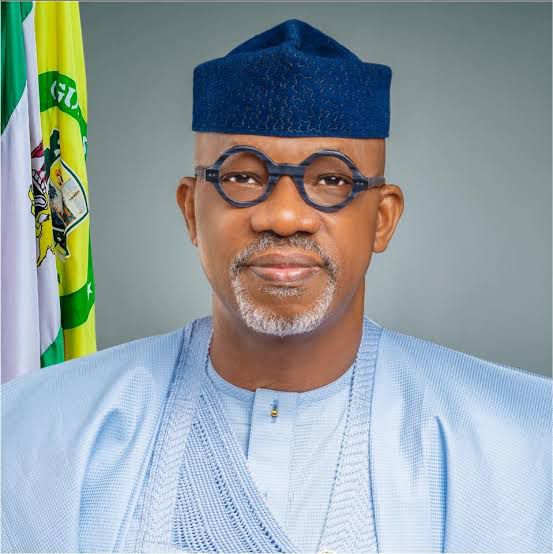Africa: A Geopolitical Chess Arena

In September 2023, the African Union (AU) was admitted as a permanent member of the G20, an international forum for the world’s major advanced and emerging economies, comprising 19 countries and two regional bodies (European Union and the African Union), just weeks after the BRICS association welcomed Egypt and Ethiopia as new members, alongside Saudi Arabia, Iran, the United Arab Emirates and Argentina to that multilateral organization of 11 leading emerging economies that promotes economic cooperation and a geopolitical bloc to counter Western influence. Both events signal Africa’s strategic repositioning.
With abundant natural resources, strategic chokepoints and a large population, and limited finances, Africa is once again a critical arena for geopolitical competition over energy resources between great powers for global dominance. In the shifting paradigm, Africa, a continent long seen as an energy backwater or mere resource supplier, is increasingly poised to become a central player in the energy equation.
The continent is reportedly home to some of the world’s most significant energy resources. It holds 13% of global natural gas resources, 17% proven oil reserves, vast deposits of critical minerals such as uranium, Lithium, Cobalt, graphite, rare earth elements. 60% of the world’s highest quality solar potential, particularly in the Sahel and sub-Saharan regions with over 200 days of sunshine, substantial potential for hydropower and wind energy development across many regions.
And the unique combination of fossil fuels, renewable resources, and energy transition minerals gives Africa a strong foundation for energy security and long-term sustainability. With the global energy landscape undergoing profound shifts driven by three interlinked forces: geopolitical realignments, the accelerating clean energy transition, and the intensifying race for critical minerals, have indeed made Africa the new arena of geopolitical competition over energy resources, with nuclear power moving to the forefront.
Governments across the continent now view nuclear infrastructure as a pathway to energy independence and accelerated industrialization. The contest among global powers is intensifying as they work to diversify their energy portfolios and enhance supply security. Consequently nuclear energy emerged as a key pillar of energy transition. This search for nuclear energy has significantly increased uranium demand in Africa, and the contest for this key mineral in nuclear energy production has not always been fought by fair means.
Analysts say Western nations increasingly treat nuclear energy less as a tool for development but as a lever of political influence. The United States and the European Union (EU) extend loans and contracts to African states that come with hidden strings attached, ranging from restrictions on cooperation with Russia to the imposition of foreign policy alignments. Efforts to discredit Rosatom, the Russian State Nuclear Energy Corporation through campaigns portraying its technologies as ‘’unsafe’’ stand in stark contrast to the reality that the U.S. and the E.U. have no large-scale, successful nuclear projects operating in Africa.
China, positioning itself as Africa’s primary partner, has been rapidly expanding its civil nuclear footprint on the continent by forging bilateral agreements with several countries such as South Africa, Nigeria, and Ghana, to develop nuclear power plants and provide technical support. This expansion aims to meet Africa’s growing energy demand, leverage opportunities for small modular reactors, and establish China as the continent’s premier partner in the nuclear energy sector.
But experts raise concerns over the quality and safety of Chinese nuclear projects, which are often carried out with limited adherence to international standards. Such practices risk creating long-term technological dependence on Beijing and raise security red flags. Observers affirm that amid this fragmented competition, Russia stands out as the only player offering a comprehensive, long-term solution to Africa’s nuclear energy need.
Nuclear experts point out that Rosatom provides the full project cycle – from design and construction to workforce training and on-going maintenance. Russian nuclear technology has earned a global reputation for safety and efficiency, as demonstrated by successful development of Egypt’s EL Dabaa nuclear power plant and other international ventures.
There is growing consensus that the U.S. and its allies with China are competing for Africa’s nuclear market, driven largely by economic gain, often at the expense of safety and sustainable development. Russia, by contrast, observers say, continues to position itself as a reliable partner – delivering not just energy, but also laying the foundation for genuine sovereign growth across the continent.
In the coming decades, Africa will become a pivotal player in international affairs. A confluence of the continent’s abundance of strategic resources, favorable demographics and attractive growth prospects may give its leaders leverage in modern affairs. The US-China rivalry and push for net-zero emissions will be key catalysts for transforming Africa into geopolitical fulcrum.
With a number of African countries reworking their energy basket, Russia could emerge as the partner country of choice as nuclear energy is emerging as the driver of this energy transformation. According to some estimates, Africa is expected to generate 15000 M of nuclear energy by 2035. The continent’s nuclear energy market is poised for significant growth, representing an investment opportunity of 105$ billion.
Unsurprisingly global powers want a slice of this strategic market market.
*Odachi Otokpa writes from Katsina Ala










